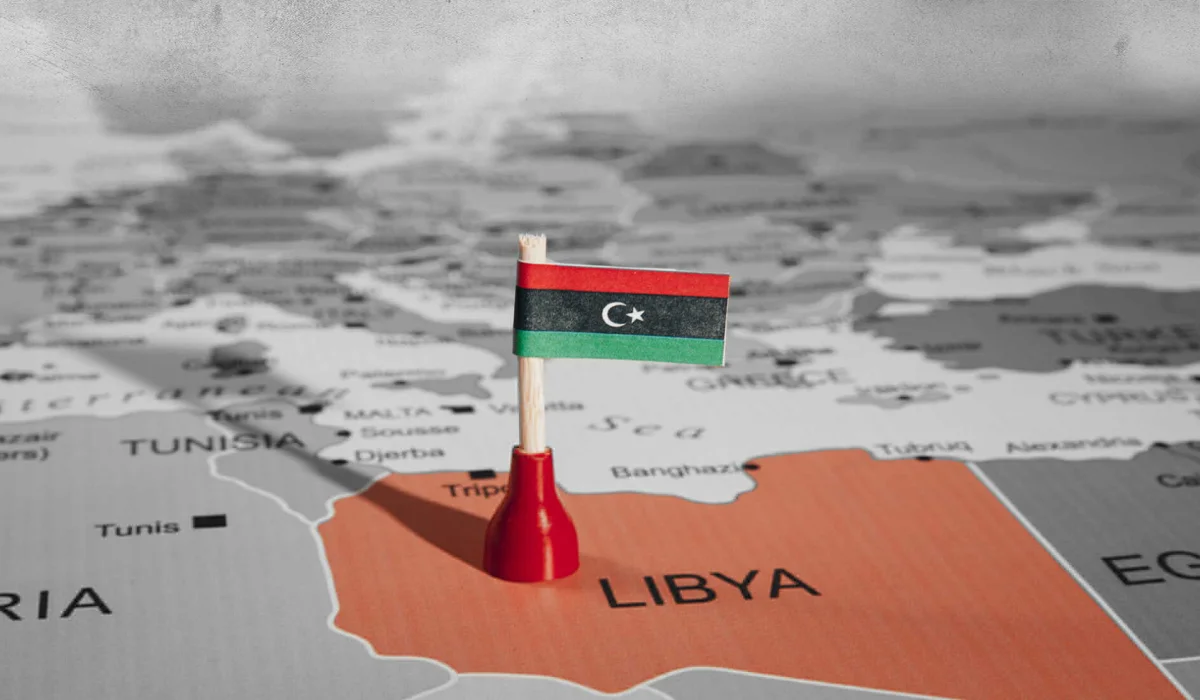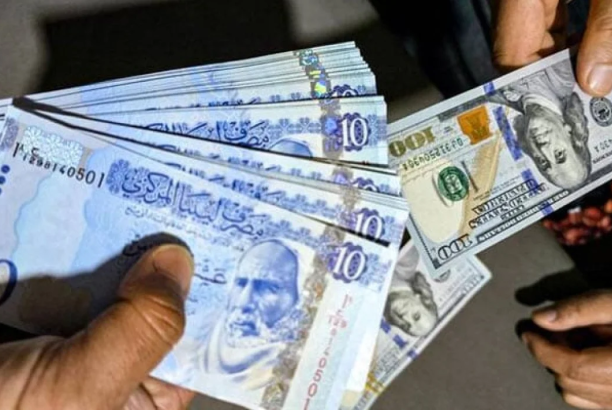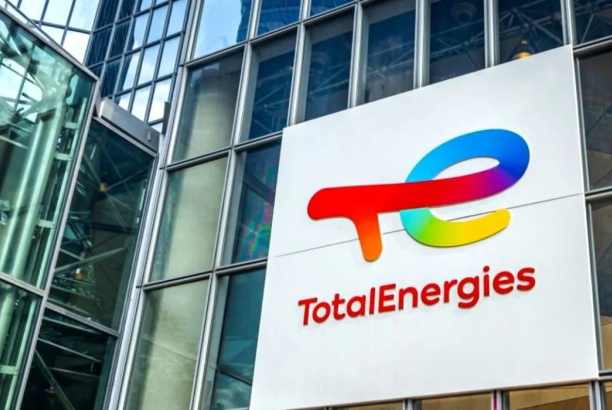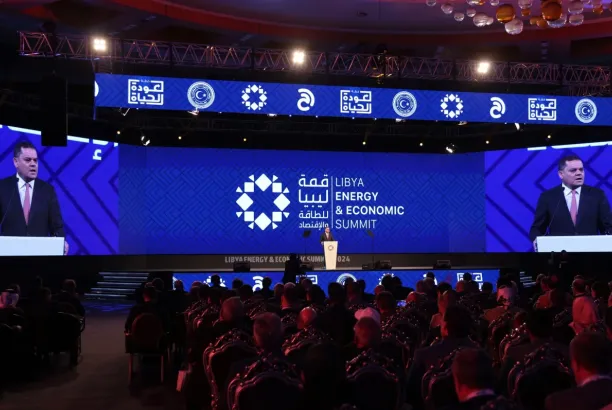
| Reports
Middle East and North Africa Report: Economic Sanctions on Libya Likely to Increase… and This Is the Fate of the Libyan Investment Authority
The Middle East and North Africa website reported on Thursday that development projects in Libya continue to face obstacles, as the Libyan people struggle with poverty, high unemployment, and economic stagnation.
The report stated that UN sanctions on Libya are expected to intensify, while Libyan officials refrain from fully demanding the unfreezing of Libyan assets abroad — even though they argue that such restrictions have caused financial losses and stunted the growth of the country’s sovereign wealth fund for years.
The report explained that the sanctions have frozen Libyan assets worth billions, which have lost value over time due to inflation. In addition, foreign firms have charged hefty fees to manage the frozen accounts under outdated agreements from before 2011. There have been minimal efforts to manage the Libyan Investment Authority’s (LIA) assets due to these restrictions. Based on these challenges, the fund has requested that the Security Council consider reforms that would allow partial reinvestment of LIA assets while maintaining the freeze.
The report added that in January 2025, the Security Council took a new step by reforming the sanctions regime, allowing the LIA to invest its cash reserves under specific conditions — including the requirement that reinvested funds and their earnings remain frozen. While these reforms ease key restrictions, the sanctions still hinder the fund from reaching its full potential, and Council members remain reluctant to offer broader relief due to Libya’s ongoing political dysfunction and mismanagement within the LIA.
The website noted that contrary to expectations, Libya’s prolonged crisis underlines the urgent need for bolder reforms, as political unification or elections appear unlikely in the near future. Without decisive action, sanctions on the LIA may remain in place for many more years. In the meantime, the fund’s growth will be slower than it could be, and the Council will have overseen a sanctions regime lasting decades.
To address these challenges, the report recommended the following reforms:
- The Security Council should consider modifying additional elements of the LIA sanctions that limit its growth, such as allowing the reinvestment of low-risk, non-cash assets while keeping the principal and any returns frozen.
- The Security Council and the LIA should explore a pilot project involving the LIA’s partners and a trusted external party — such as the United Nations or the World Bank — to jointly manage a portion of the frozen assets.
- The LIA must take serious steps to enhance transparency, accountability, and independence, including full compliance with the Santiago Principles for sovereign wealth funds and issuing comprehensive reports on its holdings.
- The Security Council should set realistic goals for easing sanctions on the LIA, recognizing that resolving the Libyan crisis and holding elections remains a distant prospect.
According to the report, this is a critical opportunity to improve Libya’s long-term prospects. Modest reforms pose minimal risk and can better protect Libya’s national wealth.
The report concluded by emphasizing that these reforms would enhance the credibility of the Security Council’s sanctions, which — if left unchanged — could be fairly criticized as outdated and discriminatory.
The Security Council and the LIA must take corrective steps and collaborate on long-term solutions regarding the future of the Libyan Investment Authority.





